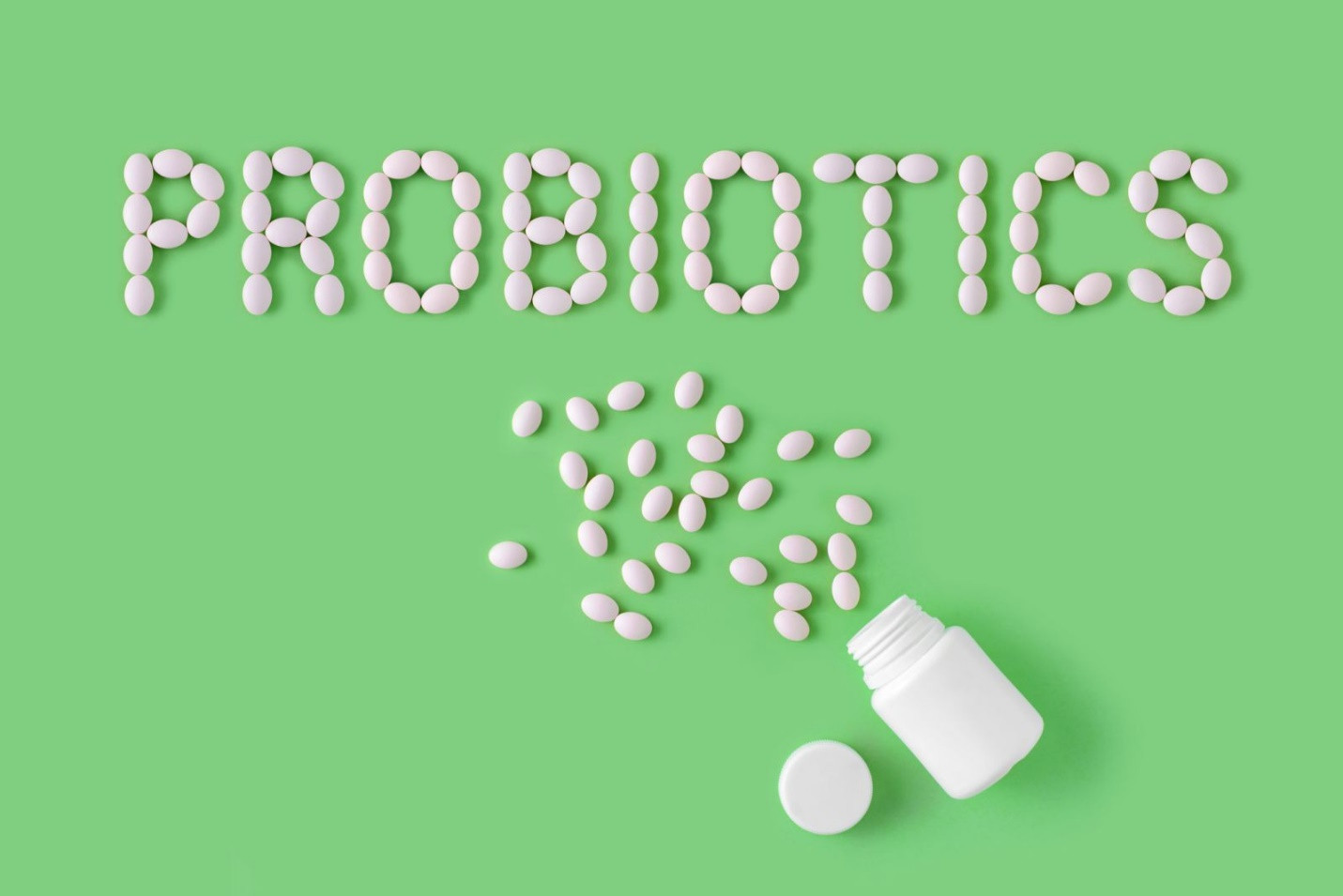Should you take probiotics?

The "good bacteria" may help healthy people but aren't formally recommended.
Probiotics are "good" bacteria touted to help maintain digestive health and boost the immune system. You can take them in a dietary supplement or get them from food sources, such as yogurt. But should you? They can be helpful in some cases, but we still need more studies to tell us if and when they are safe and effective for older adults.
Probiotic benefits
Microbes in the lower intestinal tract help us digest food, fight harmful bacteria, and regulate the immune system. But sometimes an imbalance of microbes occurs, leading to diarrhea and other health problems.
When the gut becomes unbalanced with unhealthy levels of certain bacteria, probiotics can help restore the balance. They've been shown to secrete protective substances, which may turn on the immune system and prevent pathogens from taking hold and creating major disease. But we are still learning to understand how probiotics may promote health.
Some studies that suggest if you take a probiotic while taking antibiotics, you're less likely to get diarrhea caused by the antibiotic. Probiotics may also reduce the number of colds you'll have in a year.
Probiotics are commonly used to reduce gastrointestinal symptoms that are not due to acute illness, such as gas, bloating, and constipation. But we need more studies to determine who will get symptom improvement, particularly in older people.
Probiotic risks
Many types of probiotics are on the market. Some have been well studied, and some haven't. One theoretical risk of probiotics is if someone has an immune system weakened by illness or medication, that person could get sick from probiotics.
Another concern about probiotics is that they're considered dietary supplements, not drugs. As a result, the FDA doesn't monitor the manufacture of probiotics. It's not clear if probiotics that can be bought at pharmacies and health food stores are high-quality products. It's even possible that some lower-quality products may not even contain the probiotic bacteria that are listed on the label.
The best food sources of probioticsSupplements aren't the only way to get a daily dose of probiotics. There are many foods loaded with these cultures of good bacteria. The top sources include
Trying to get probiotics from food sources alone can be tricky. Food manufacturers are not required to show a specific dose of a specific probiotic, so they don't. You might have a more consistent dose in a supplement, but it's best to speak with your doctor before beginning any probiotics regimen. |
Image: Aliseenko/Getty Images
Disclaimer:
As a service to our readers, Harvard Health Publishing provides access to our library of archived content. Please note the date of last review or update on all articles.
No content on this site, regardless of date, should ever be used as a substitute for direct medical advice from your doctor or other qualified clinician.

















